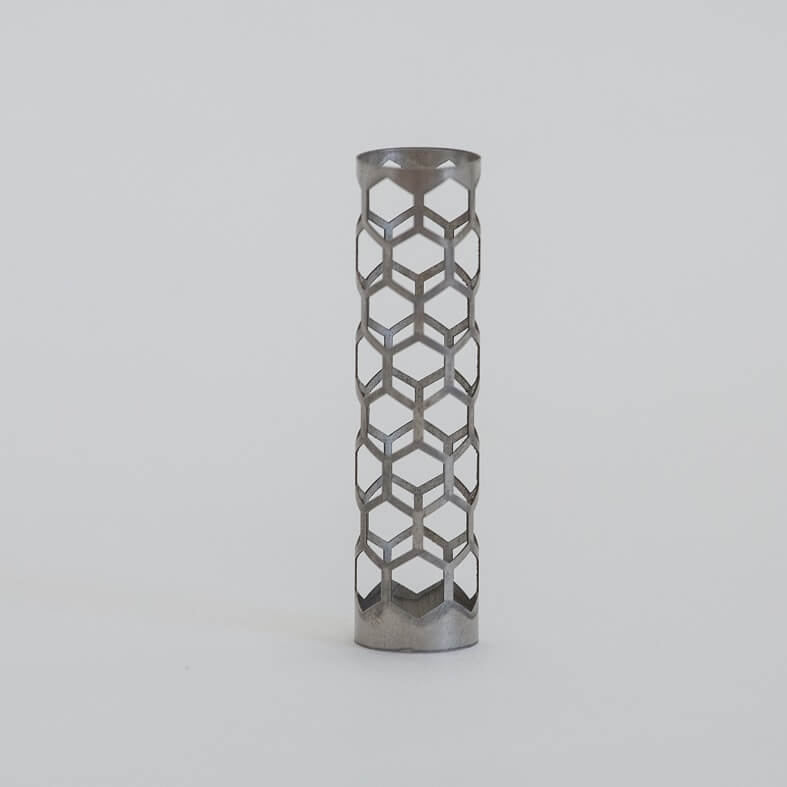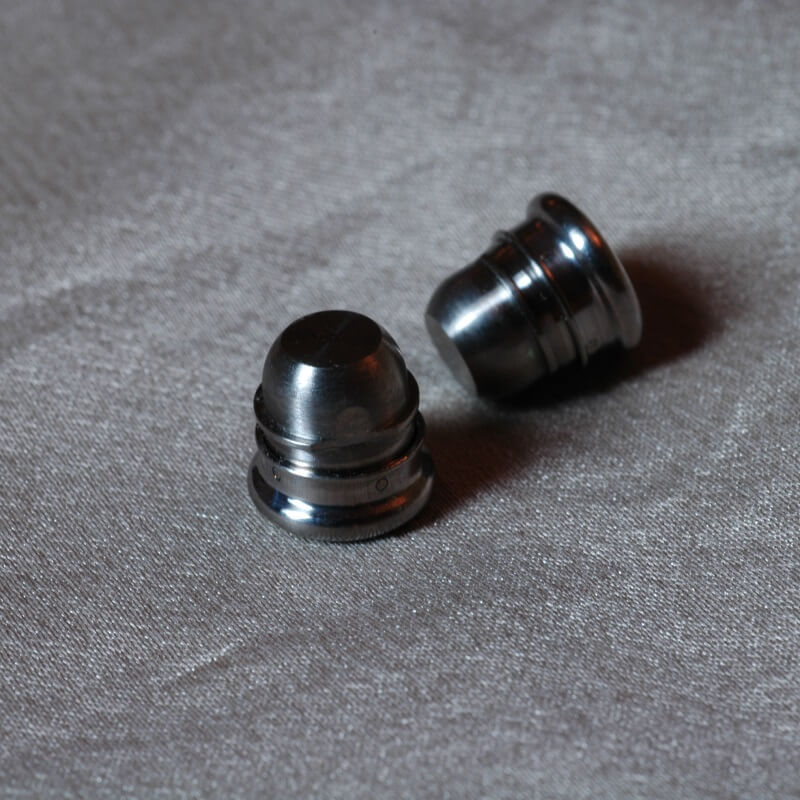Medical
Attica Components are specialists in the manufacture of miniature components, including medical precision components. From laser cutting and welding through to tube manipulation, we have the capabilities to produce complex, precise and high-quality miniature components for medical application.
Medical Precision Components
Lives depend on the accuracy and quality of medical precision components, which is why Attica Components never manufacture anything less than perfect. Our experienced team have the expertise and specialisms to produce the highest quality miniature precision components to the greatest degree of accuracy.
Our miniature precision components are made to your specifications and requirements. We work with you to discuss available processes and manufacturability to ensure you’re getting the highest quality service and the most cost-effective solution. When you’re happy, we can then launch full-scale production.
Our years of experience enable us to advise on the best materials, costs and technologies available for any given project.
Interested in working with a first-class engineering partner? Contact us today.
Example Components
We have years of experience working in the medical industry and manufacturing precision components. Here are just some of our past and ongoing projects.
Stents
We manufacture a wide range of stent components for medical application. For example, a nitinol tube is used in a superelastic stent application, where it extends and retracts at its distal end. A 3mm diameter nitinol tube is cut to allow its entry through a 3.2mm port, where it extends to manipulate tissue inside the body. It is then retracted through the port. Alternatively, a nitinol stent may be designed to be delivered through a 2-mm sheath and expand to support a 10mm diameter blood vessel. It’s a versatile material that’s perfect for stent manufacturing.
Maxillofacial Parts
We have manufactured precision components appropriate for maxillofacial surgery. It requires the laser welding of two miniature titanium machined parts.
A neodymium magnet was used to hold the components in place during laser welding and assembly is set so that that the laser weld hits the precise centre of the joint between the two parts. It is then rotated at a controlled feed rate while the laser fires at a constant hertz to form an 80 – 95% overlap between successive weld spots. Titanium performs well under this laser welding process and retains sufficient strength for medical application in maxillofacial surgery.
Tungsten Probes
Tungsten is often used for medical probes. It can pass an electric current through the material which raises it to a very high temperature to allow the removal of skin tissue. However, the tungsten does not oxidise and destroy itself as some other materials would.
To manufacture a tungsten probe for medical application, a precisely profiled tip is ground onto a fine (1mm diameter) tungsten rod.


Medical Component Manufacture Capabilities
We have a wide range of capabilities that allow us to manufacture high-quality medical precision components. These include laser welding, laser cutting, tube forming, CNC machining, precision component inspection and more.
If you need to manufacture a precision component for medical application, then get in touch with us today.
Get In Touch
35 Ganton Way
Swindon
SN2 8ES

